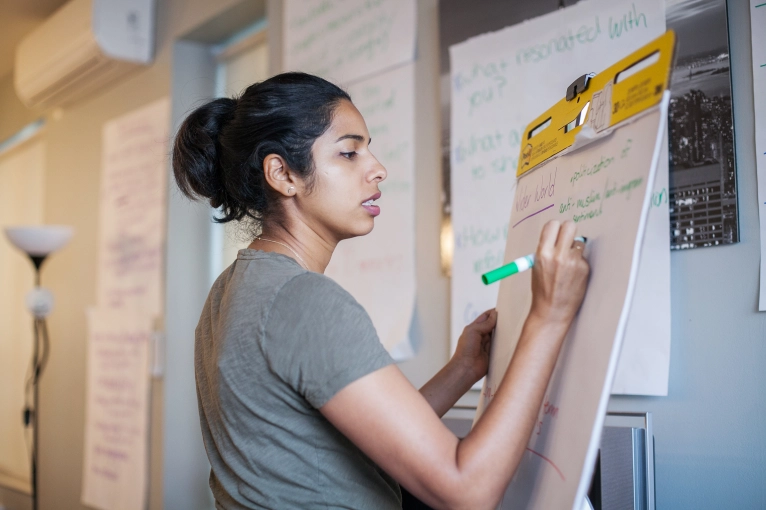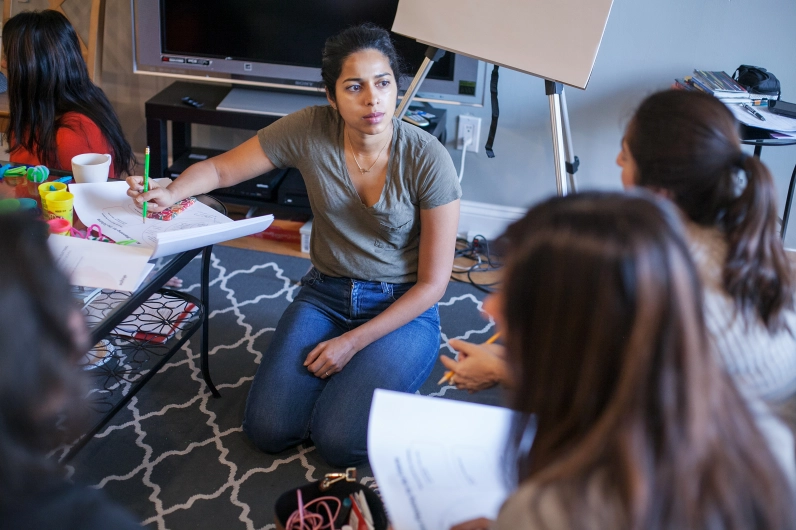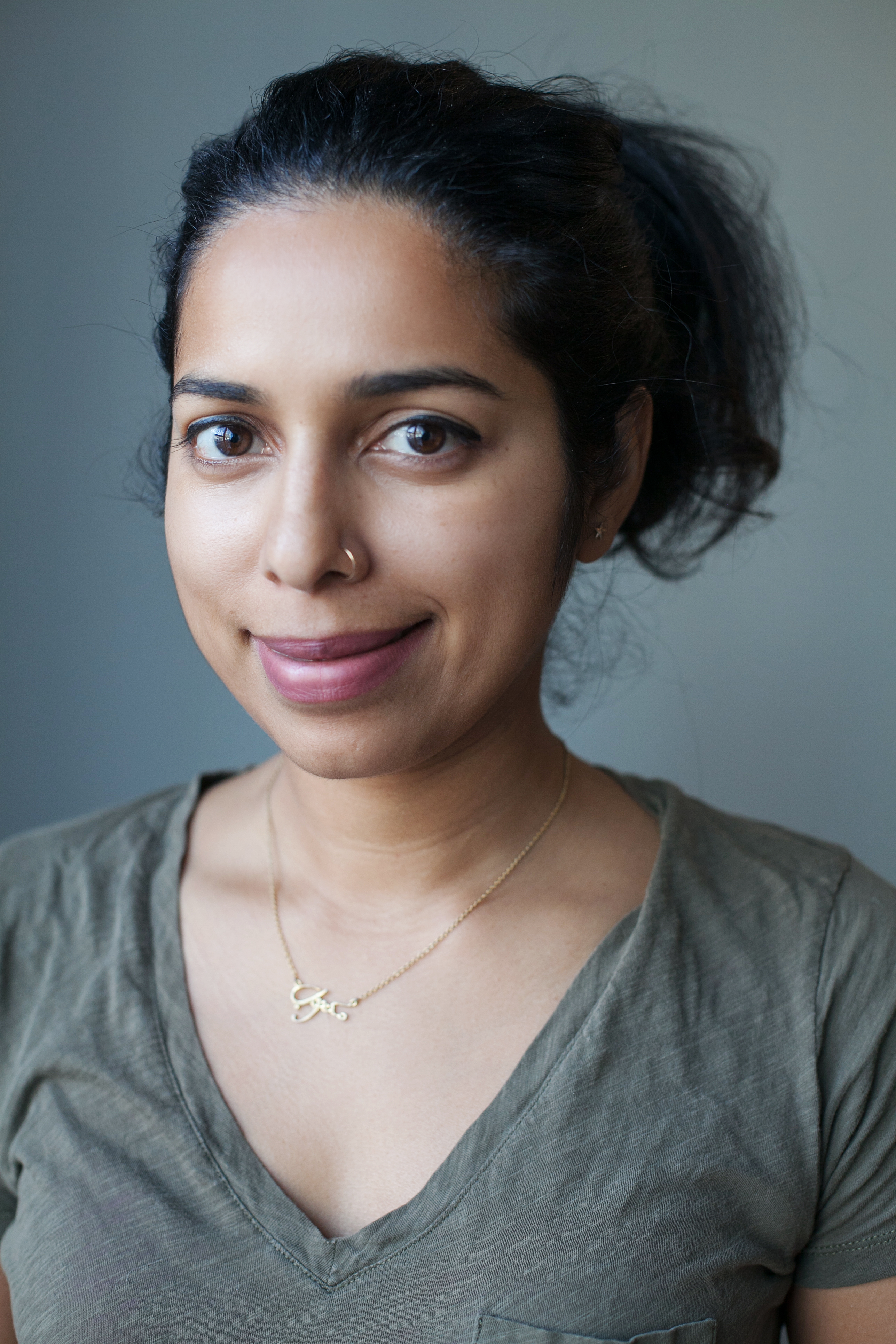Khatna, and Female Genital Cutting (FGC) evoke strong responses. It is seen as a human rights violation, is attributed to the “backwardness” of Islamic peoples, and is a critical part of cultural heritage. For those of us within the Bohra community, our feelings are generally much more complicated. Even for those of us who oppose the practice, we find it important to work within cultural norms to advocate against it.
Changing an entrenched cultural practice can be very challenging, even if it is so clearly the right thing to do. Everyone at the Sahiyo activist retreat in New York was either a survivor of khatna or a close family member of a survivor. When we talk about the people in our community who have undergone khatna, we aren’t talking about a faceless mass, we are speaking about our mothers, our sisters, our friends, and ourselves. Everyone came to the retreat with powerful stories about when they first found out about this practice (often when they first underwent it) and what drove them to advocate against it.

The retreat was very emotional. It was so comforting and joyous to spend time with people who felt “just like me” in that we came from the same community and grew up with the same foods and the same quirks. It was a safe place to share stories. Some of the attendees are not yet open about their participation in Sahiyo and the retreat offered them a supportive environment to think about the role they might play in creating social change.
Additionally, people shared a lot of frustration and sadness. Many of the activists experienced negative pushback from their loved ones and their communities regarding FGC activism. Relatives no longer spoke to them and they were harassed by internet trolls. The retreat was a nurturing safe space. Activism can be very isolating and the retreat enabled many of us to share our experiences with people who understood the background we came from. These emotional connections were infinitely valuable.
 I left the day feeling strengthened. Not only do I feel there is a like-minded community of activists who I align with, I feel as though the tactics being used are culturally aware and thoughtful. We left with tangible actions to take forward to our communities and loved ones. I also felt like I got to see many different ways of being Bohri in America. We all have different levels of religiousness and practice, but nonetheless, we all think that we can come together and make a difference in ending this harmful practice.
I left the day feeling strengthened. Not only do I feel there is a like-minded community of activists who I align with, I feel as though the tactics being used are culturally aware and thoughtful. We left with tangible actions to take forward to our communities and loved ones. I also felt like I got to see many different ways of being Bohri in America. We all have different levels of religiousness and practice, but nonetheless, we all think that we can come together and make a difference in ending this harmful practice.
To learn more about the U.S. Bohra Activist Retreat, read the report!

